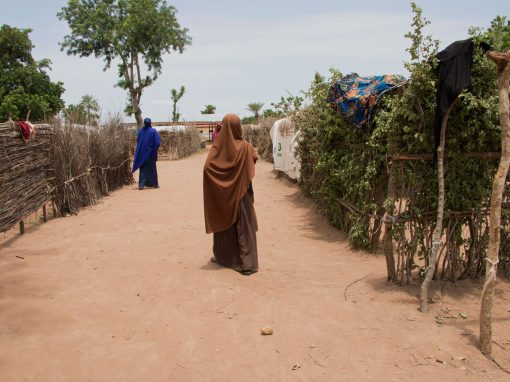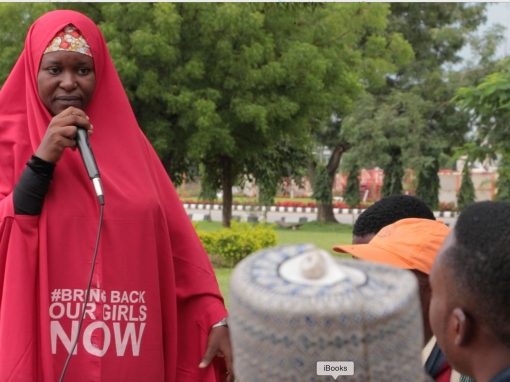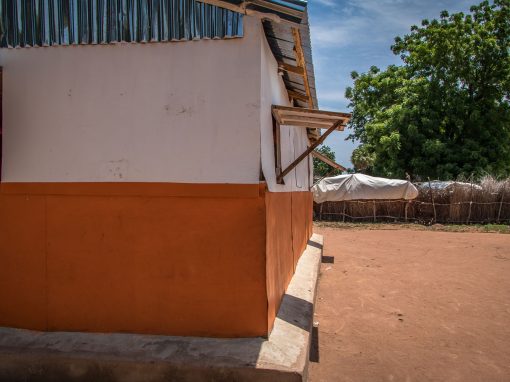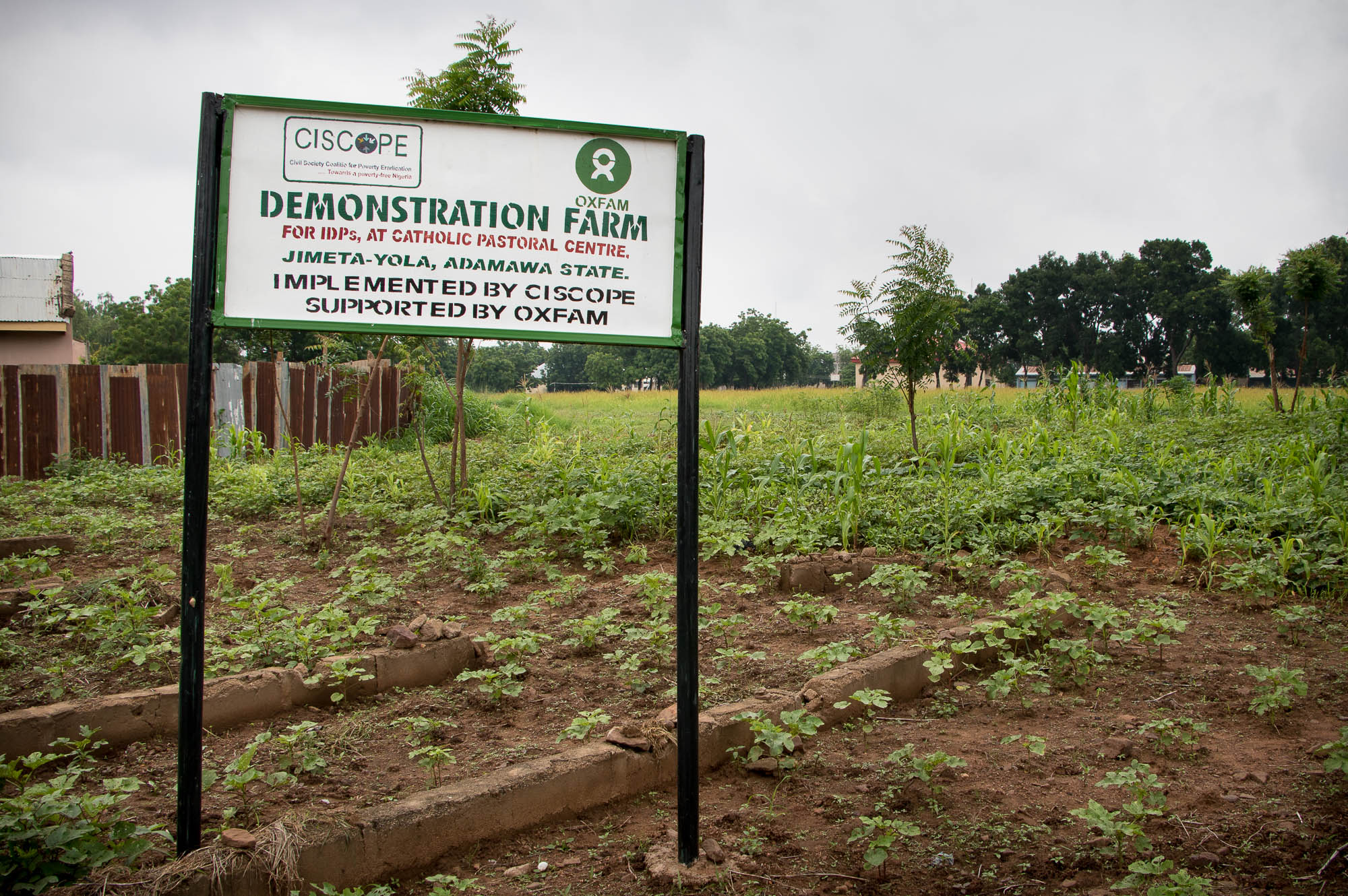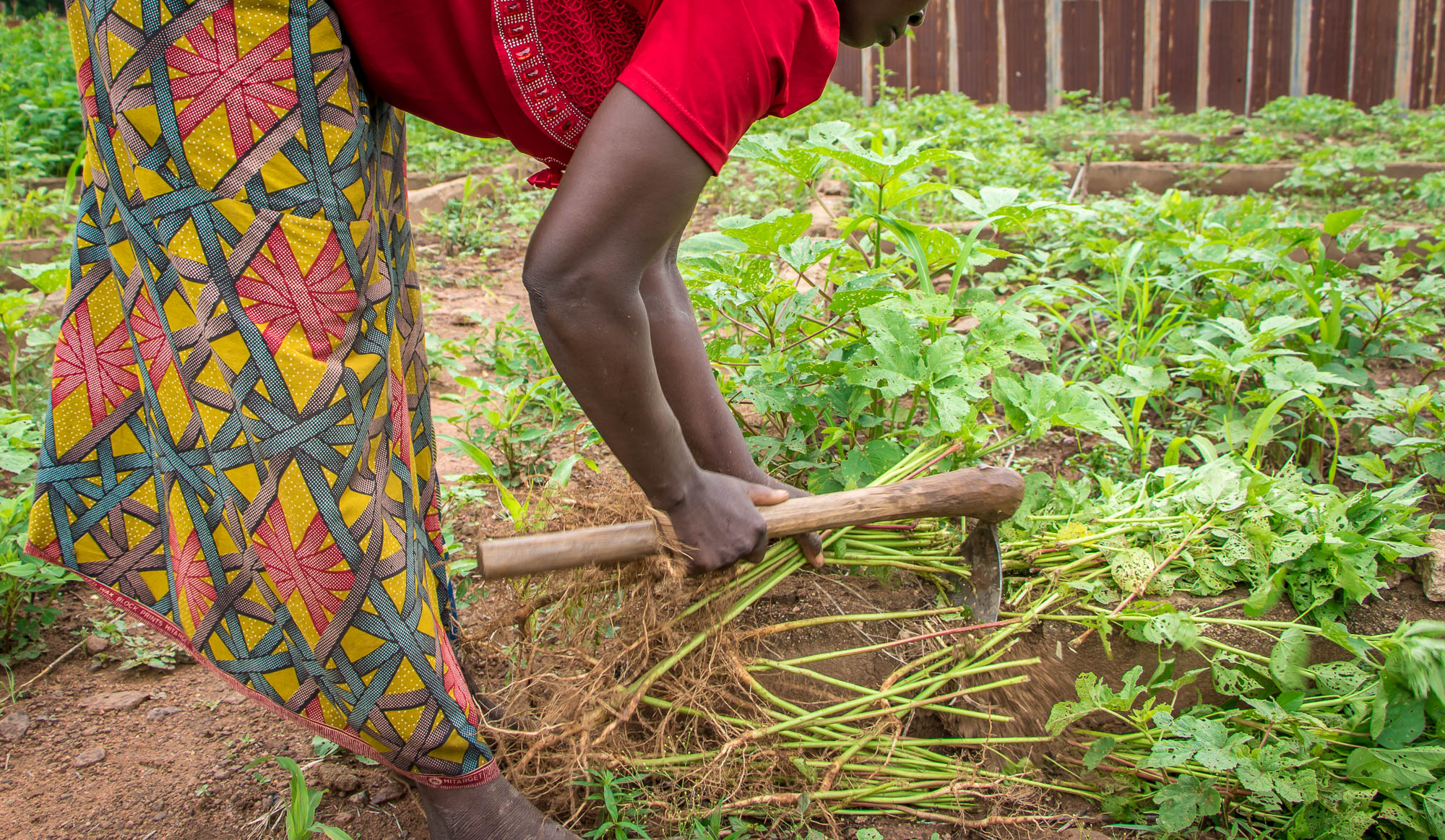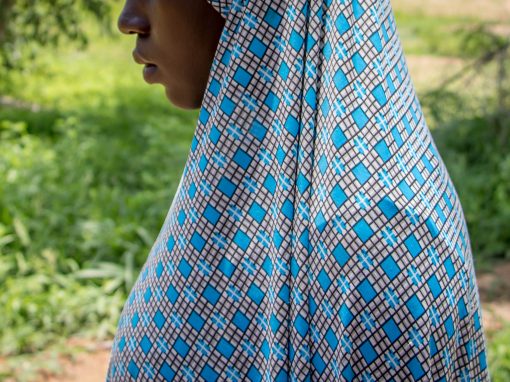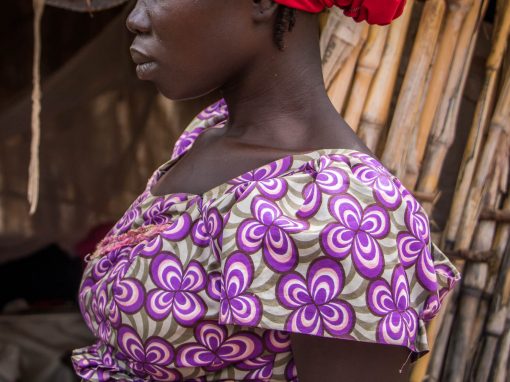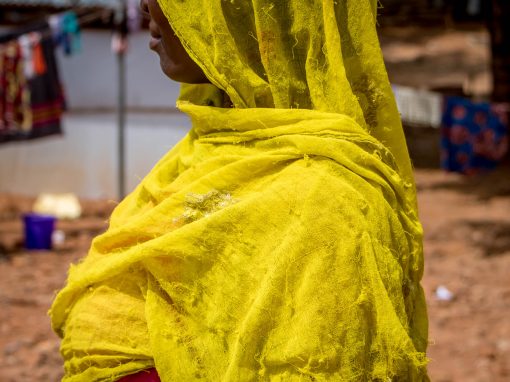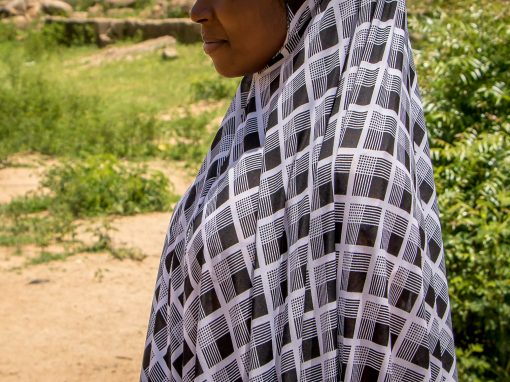Asabe
It was Sunday and the community had gathered early that morning – as it usually did – to pray. Many, like Asabe, 35, sought refuge here. They had made their way to this Christian community, which was tucked in the middle of Gwoza’s hills in northeastern Nigeria. It was a place where they thought they wouldn’t have to practice their faith in fear. But they thought wrong.
The gunshots got louder. Closer. They said their prayers in haste. The air was thick with fear. They knew. This was Boko Haram.
By the time they decided to flee, it was too late. Boko Haram was descending the hills into their community. Suddenly, the terrorists were everywhere.
In the confusion, Asabe was separated from her husband but still managed to round up all of her six children and her sister. She ran with them to a cave – her hiding spot.
Asabe and other members of the community had prepared for this day, knowing that Boko Haram could invade at any time. They picked hiding places and planned out scenarios. Asabe chose a spot deep inside a cave.
They were out of the terrorists’ reach but still not safe. The cave vibrated every time Boko Haram fired their guns. Asabe remained hiding until the next morning.
By the time Asabe and her family emerged from hiding, the community had changed. Many of the women and children had been captured. The ground was littered with men’s dead bodies. She didn’t know if her husband had survived.
But that wasn’t what occupied Asabe’s thoughts. She was worried about how to get her family to safety.
They climbed the hills to get away from Boko Haram.
“We said to ourselves, ‘today, we won’t sleep. Let’s leave instead,’” Asabe said to me in Hausa.
By dawn, they were walking straight into Boko Haram’s hands.
Things happened fast. The terrorists separated out the men and took them away. It was the last time Asabe ever saw her husband.
Captivity
Boko Haram held Asabe and her family for four days. The terrorists took her to Goshi, a town in northeastern Nigeria that was under their control at the time.
Asabe said after she was captured, all she did was cry. They hit her with a gun to make her stop.
“Why are you crying,” they asked. “For husbands that stressed you? Now you can rest, remarry and live your lives.”
Christian women and children were locked up in a room together. Asabe said they were fed and given water. They ate there. Slept there. And defecated there.
In the four days that Asabe spent in that room, there was an outbreak that resulted in fatal vomiting and diarrhea. When women and children died, Boko Haram left the corpses with the living.
The women fasted. They prayed. But people continued to die.
They heard people were dying on the outside too, that Boko Haram was killing their men. Asabe said 40 men were murdered while she was captive. Her husband was one of them.
Escape
Asabe said divine intervention finally came on her fourth day in Goshi. When she tells me her story, she says she’s still surprised by the series of events that led to her escape.
A man the captives had never seen came into the room and told them they could leave. Just like that. But he warned that they would have to be careful.
If they met Boko Haram members on their way, they were to mention his name, and say that he had let them out. If the fighters didn’t believe them, they were not to protest. He assured the women that if the terrorists abducted them again, they would bring them back to Goshi. To this room. And he would help them escape again.
And so she left with her children and headed back to her community on the hill. But Boko Haram was still a threat. Two months later, Asabe and 80 others left for good and walked to Cameroon.
She returned to Nigeria five months later and moved with her family into a camp in Yola. And that’s where I met her.
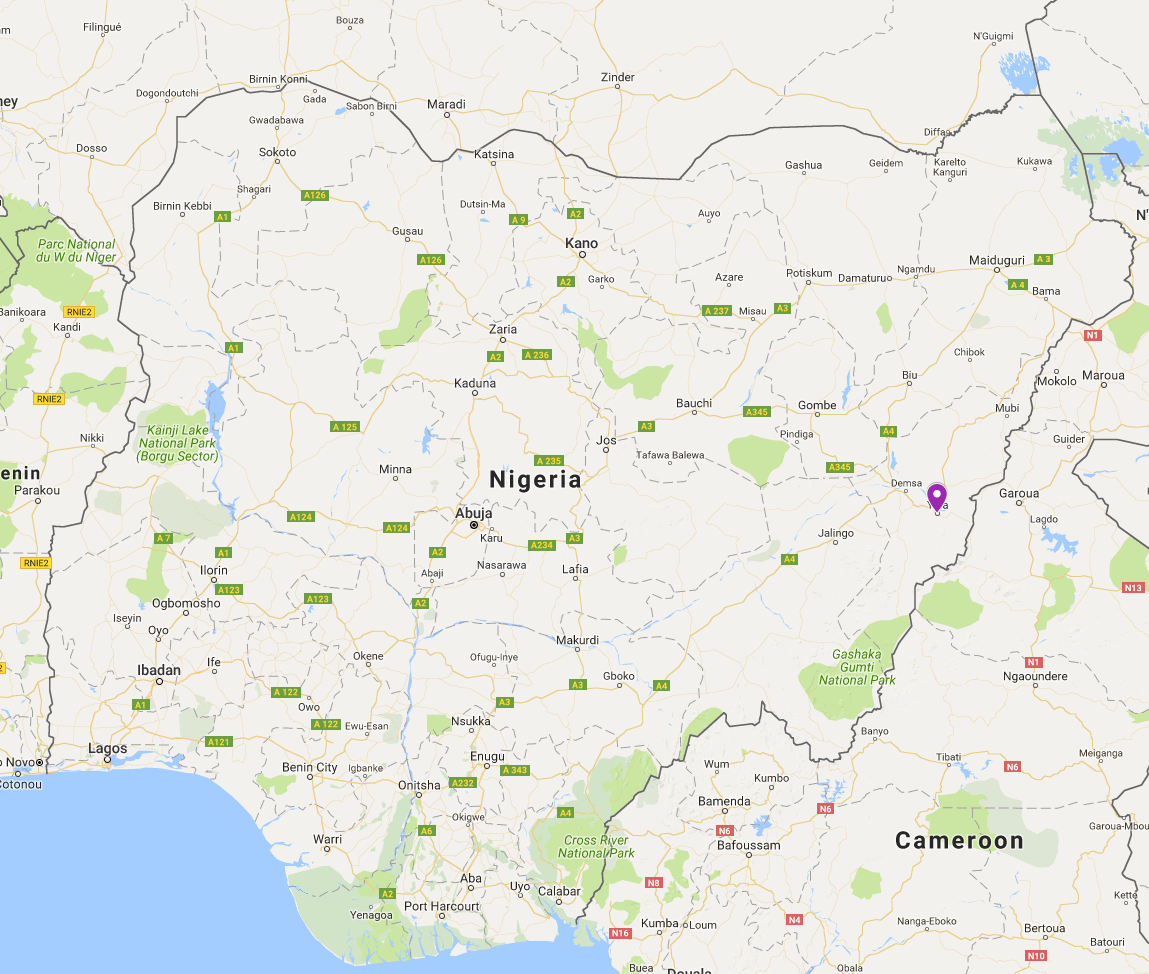
The St. Theresa’s Cathedral camp in Yola
The camp where Asabe and her children now live is run by St. Theresa’s Cathedral.
“We did not plan to open a camp but people came to the front of our gate asking to be taken in,” Reverend Father Maurice Kwairanga tells me. He has been in charge of the camp since 2014, when there was an influx of displaced people on the run from Boko Haram. At the height of the insurgency, more than 3,700 people poured into the camp.
The church converted its former cathedral and two schools into housing for the displaced.
Asabe has lived here with her children for more than a year. They’re not the only people at the camp who have survived Boko Haram captivity.
The church has tried to respond to the needs of people who have fled Boko Haram. It has created a group for women to share, sing, and dance to hymns.
“Leaving the camp to a place that is your own portion is quite healing,” said Kwairanga.
Asabe goes to the farm every morning.
Photo gallery
“Even before this happened, the Holy Book has already said that, ‘they would chase you, they would hate you and they would persecute you,’” she said.
But she’s worried about what’s next for her and her children.
Click on an image below to read the story
